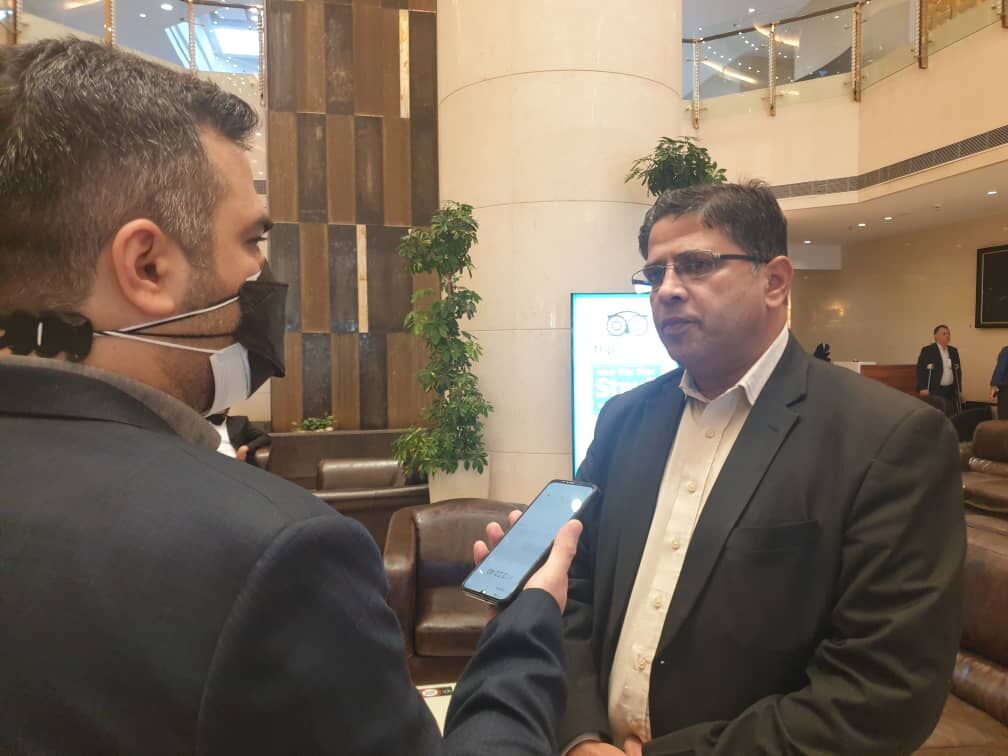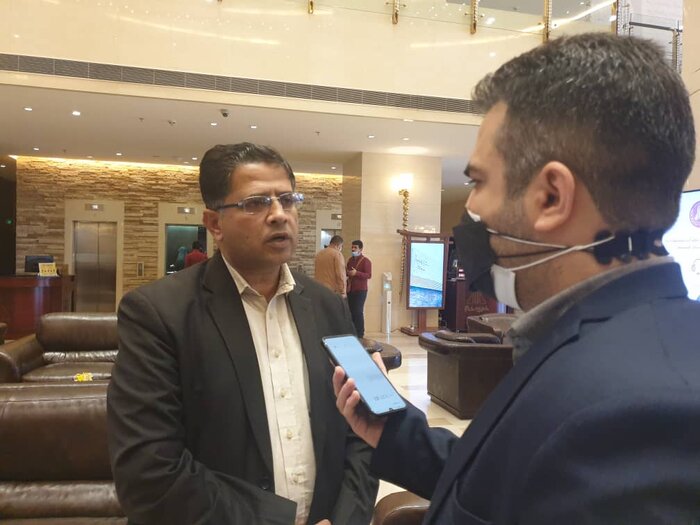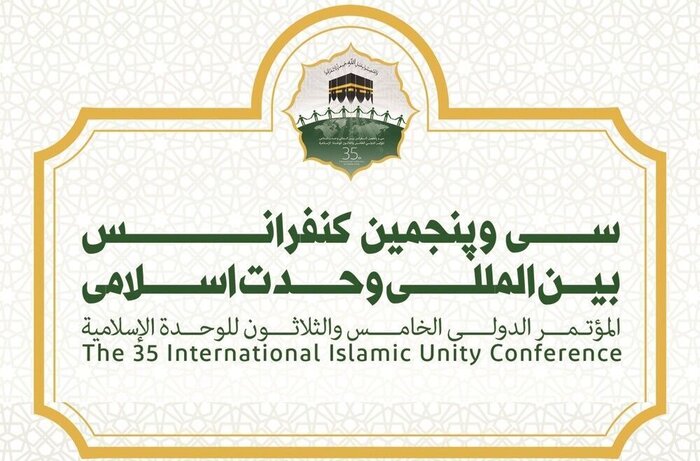In an exclusive interview with IRNA, Reza Khan said that "billions of dollars from the Muslim world are invested in different economies, including non-Muslim countries, adding that we aren’t completely disagreeing with this issue but the priority for the Muslim countries must be sharing their resources with each other".
He noted that "Muslim countries have enough capabilities to stand by each other. Unfortunately, the rest of the world is grabbing the Muslim world's resources and now they are declaring themselves as the world power, although Muslim countries are suffering like war everywhere such as Syria, Libya, Iraq, Palestine, Kashmir, and Afghanistan."
Pointing to the interference of the foreigners in the region against Muslim unities, he underscored that "If Muslim worlds believe in others and not themselves, they are inviting those foreign countries not only into their territory but also into the region. And in this case, the foreigners do some other activities which are against the whole region, like American's presence in Afghanistan. When the foreign forces withdraw from the region, distraction will be minimized, not ended because of various reasons like economical and social problems in the countries".
Referring to Iran's role in the unity among Muslims, the Pakistani analyst noted that Iran is an important country that plays a significant role in the region and the world, adding, "We see Iran's significant role around the developments in the region by the strong statement which Supreme Leader of the Islamic Revolution Ayatollah Seyyed Ali Khamenei released, especially we've witnessed it in the case of Kashmir."
He further pointed out that Iran's positive and constructive role in Pakistan, Palestine, Afghanistan, Syria, and Yemen is very much clear.
Pointing to the Iran-Pakistan neighborhood, he highlighted that they must have strong relations. And from the last couple of years, we have seen this relation getting stronger, and recently the visit of Iran’s Chief of Staff of the Armed Forces Major General Mohammad Baqeri that strengthen the relations between the two countries.
Regarding the importance of unity between Shia and Sunni, he said that basically, these concepts belong to scholars. These are the schools of thought and are basically upon the knowledge, adding that academia and media, scholars and political figures and leaders have a critical role in this unity, and Shia and Sunni scholars must have united themselves, so they have to fight against all those evils who intend to divide Muslim's societies.
The Pakistani analyst went on to say that Knowledge, education, and technologies are the most important aspects of unity because all of them support and complete each other and without them, Muslim countries won't have any progress.
Elsewhere in his remarks, he stressed the importance of fighting against terrorism, adding that the prime issue which the region is confronting right now is terrorism. It's not only from within but also from outside. Muslim countries can tackle terrorism from the outside because that is done physically and might be through some of the forms like cyber terrorism and using hybrid tools and various kinds of anthropological terrorism as well as economic, biological warfare.
The 35th International Islamic Unity Conference kicked off in Tehran on Tuesday morning, with the Islamic Republic of Iran President Ebrahim Raisi delivering the opening speech.
War and peace, Islamic brotherhood and fight against terrorism, religious free thought, Ijtihad and confronting extremism, Islamic solidarity, avoiding conflicts in the Muslim world, mutual respect among Islamic denominations, Palestine, and the Islamic resistance are among the issues to be covered.
514 speeches were delivered at the conference and streamed online on the official website of the World Forum for Proximity of Islamic Schools of Thought.
The organizers have gathered together thinkers from all geographical regions of the world, including South America, Africa, Southeast Asia, Central Asia, and the Caucasus.
The speeches delivered at the conference will be uploaded on the Internet in Farsi, Arabic, and English languages.
The conference marks the Islamic Unity Week which was raised first by the late Imam Khomeini. The week begins on the Prophet’s birthday as narrated in the Sunni tradition and ends on the same occasion as narrated in the Shia tradition.
3266**2050
Follow us on Twitter @IrnaEnglish





Your Comment